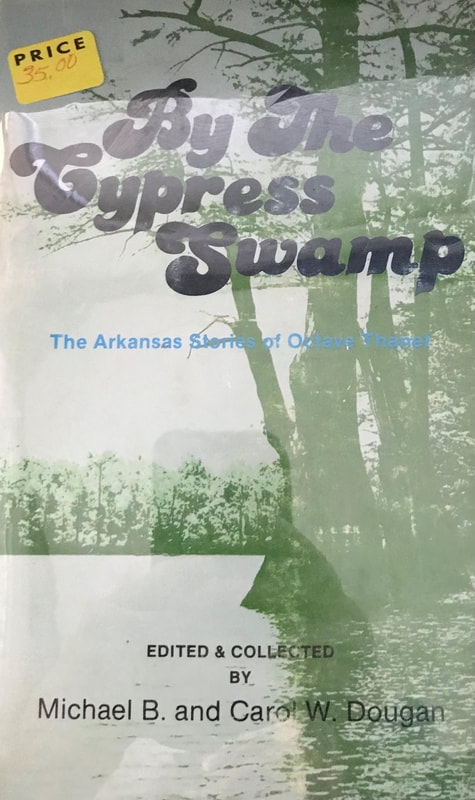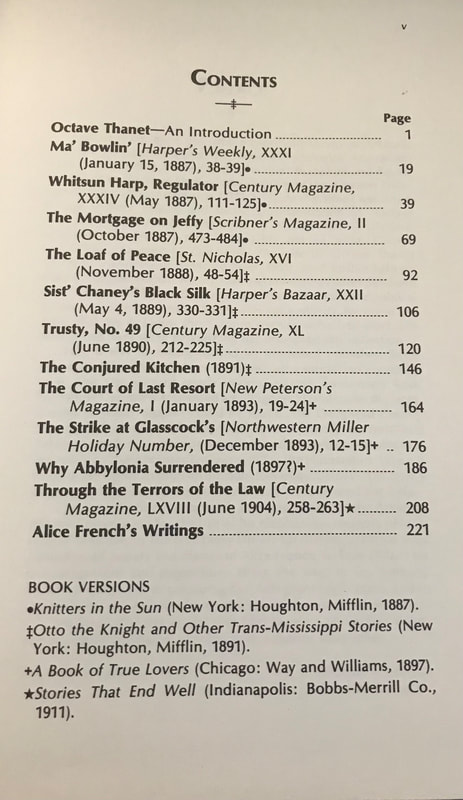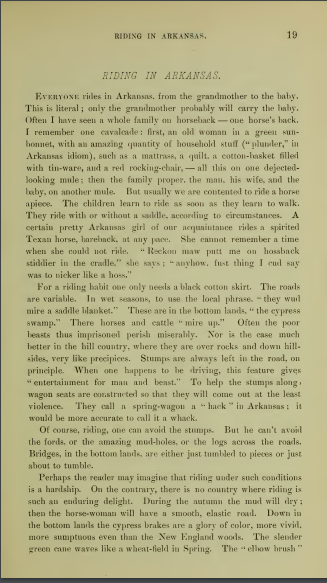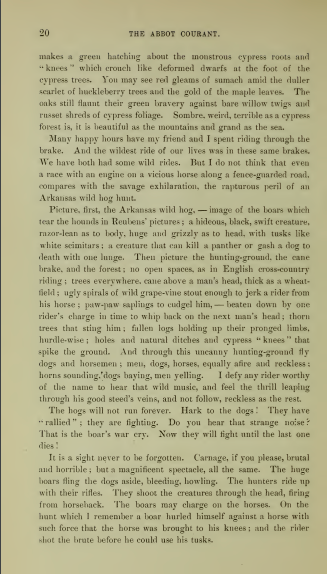Basic summary: This is an oddly cute story about a Governor at home who is approached by the mother of Fritz Jansen, a man sentenced to hang for the murder of his fiancee. The woman is German and speaks very little English. Luckily, the Governor's wife, Annie, is fluent in German. The woman tells of walking 15 miles to get to him before her son's execution. She asks for a pardon, as her son is a good man who would never do such a crime. Annie pleads with her husband to stay the execution--if he's truly guilty, why not give him a life sentence so his mother doesn't suffer. The Governor counters that to do so would be worse for Fritz's mother than executing him. If she hates the Governor, Very well , so be it . She will still have her memories of his youth to console her, and her very conviction of the injustice of his fate will be a comfort to her; while, on the other hand, if I release him, he will dissipate all her illusions, neglect her, ill-treat her, very likely spend every cent of her hard earnings, and at last convince even that trusting soul what a brute he is. It is the truest kindness to her to refuse." (Thanet, 299) The day after Fritz is hanged, the mother returns with her son, Fritz. It turns out there were two men with the same name, and her son was never arrested. Because he doesn't want to share the name with such a bad man, Fritz and his mother come to the Governor for a name change. Annie declares he'll change the name as a wedding gift to Greta and Fritz. The wedding is briefly described and the story ends with Annie and the Governor relieved at the outcome.
In the end, the Governor makes the comment that he would have been so embarassed if he'd followed Annie's "feminine" mind and pardoned the evil Fritz. He asks her who was right, and she exclaims, "Both of us" (Thanet, p. 299).
0 Comments
Basic summary: Romance story; Rachel Meadowes and Archy (Captain Barris) are in love. Archy shows up to meet her father who disapproves of him because he drinks alcohol and they have opposing political views. After dinner Rachel tells Archy they can't marry. In his sadness, he leaves and decides to go to his rented room and write her a letter. The weather blows up a cyclone just as he sees the figure of Rachel ahead of him. He rushes to her and shields her body against a tree, begging her to hold on.
When the storm passes, Archy realizes it was not Rachel but her young stepmother who is the same shape and size as his beloved. He sees her home and when Meadowes sees she is safe, Archy admits he thought he was saving Rachel. His truthfulness wins the man over, and Meadowes finds him suitable to marry his daughter, even if he does drink a little. Discussion of temperance, Puritans, John Brown (Meadowes admires him so that he names one of his sons Ossawatomie). Even though both men admire Brown, Meadowes finds him faultless while Barris feels he made mistakes at Harper's Ferry (the death of innocent civilians). So, they weren't completely opposites on issues like abolition.
Basic summary: This story focuses on a feud between two neighbors, Luther Morrow and Dock Haskett. They had been feuding about who was the better shot, and when Morrow's dog, Jerusalem Jones, stole a ham from Haskett, he tried to shoot the dog and wound up hitting Morrow instead. Morrow shot Haskett in the shoulder as a result and the two are feuding. The two men decide to have a duel in the woods near where Haskett's wife is buried, but their children bring them back together.
The story opens with Minnie Haskett learning how to bake brown bread from Miss Dora. She's taken over the domestic duties at the small house since her mother died, and she loves her father so much she wants to cook well for him and her younger siblings. Even though Dock and Luther are fighting, Minnie and Doshy love each other and Minnie wants to teach Doshy how to make brown bread. Dock gives his consent, as he has no quarrel with any of the Morrows other than Luther. The two men are in the woods ready to shoot it out when they hear the two girls talking. They find a place in the brush to watch them and see them baking bread over a small fire. The two girls talk about how kind their fathers are as they work, and how much they love them, softening the men's hearts toward each other. Jerusalem Jones is playing with a small pig, and wild adult hogs come to the pig's defense. In the melee, the bread is disturbed but Morrow shoots the hogs and the day is saved--as is the "loaf of peace." Characters: Aunt Callie (seen in other stories), Miss Dora, Miss Carroll, Hasketts (Minnie and Dock), Doshy and Luther Morrow (Doshy is named after her mother, Mindosha), and, of course, Jerusalem Jones. I was excited to begin Otto the Knight and Other Trans Mississippi Stories in part because of the regional focus. A few of these stories carry over characters from stories published in Knitters in the Sun. Michael B. and Carol W. Dougan's 1980 collection By the Cypress Swamp: The Arkansas Stories of Octave Thanet brings many of those stories together, although the title story "Otto the Knight" is not in that collection. Given the very light emphasis on the setting here, the omission of the story isn't completely surprising. McMichael also only mentions the story itself on page 125, indicating that it was chosen as the title for the collection solely based on the fact it was the first story. The omission is interesting, given that Lum Shinault definitely lives on the Black River in "Whitsun Harp, Regulator" and because there is the connection to getting lost in the swamp. Marty Ann searching for Boo gets lost, just as Ma' Bowlin got lost in the earlier story. Basic Summary:
|
About this project:I've been saying since 2004 that I was going to write a critical biography of Octave Thanet (Alice French). This blog is the start of that work and will include notes, links to research, and other OT related tidbits. Archives
February 2023
Categories
All
|




 RSS Feed
RSS Feed